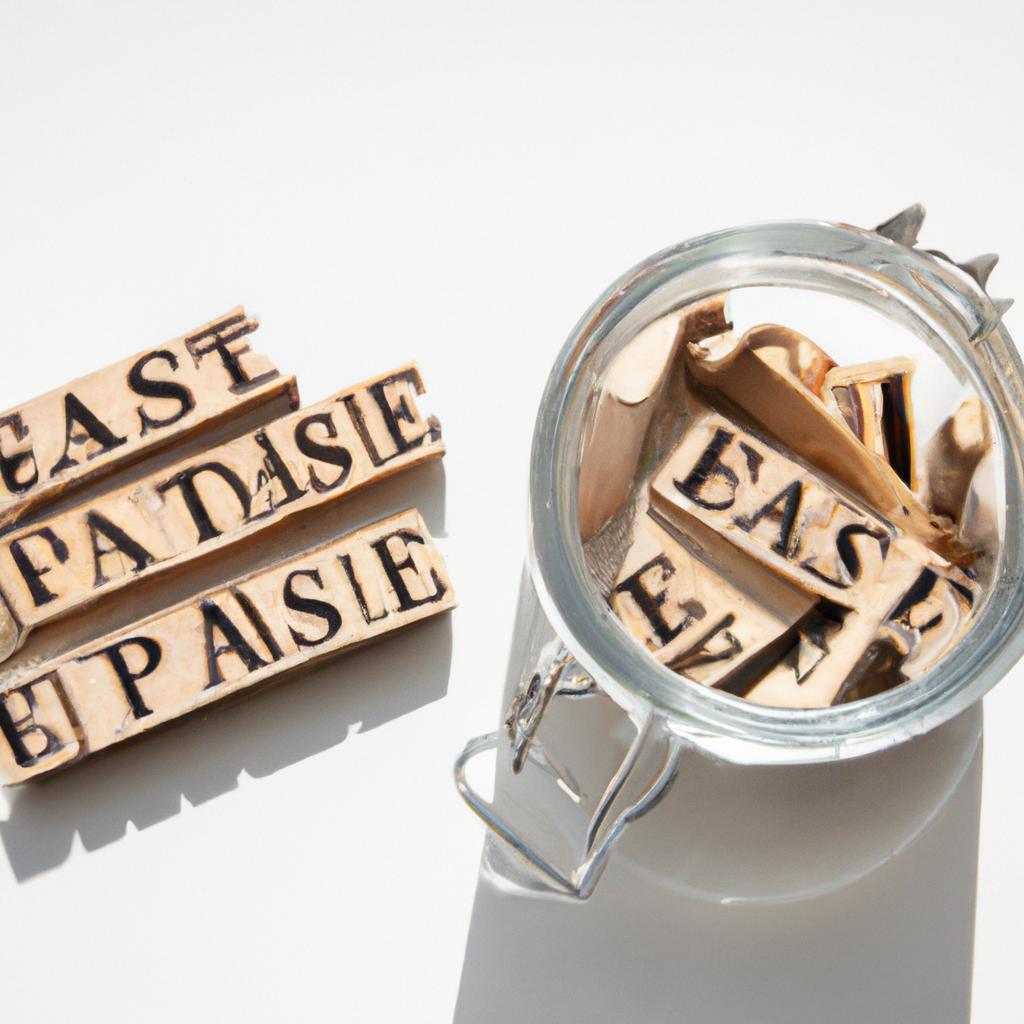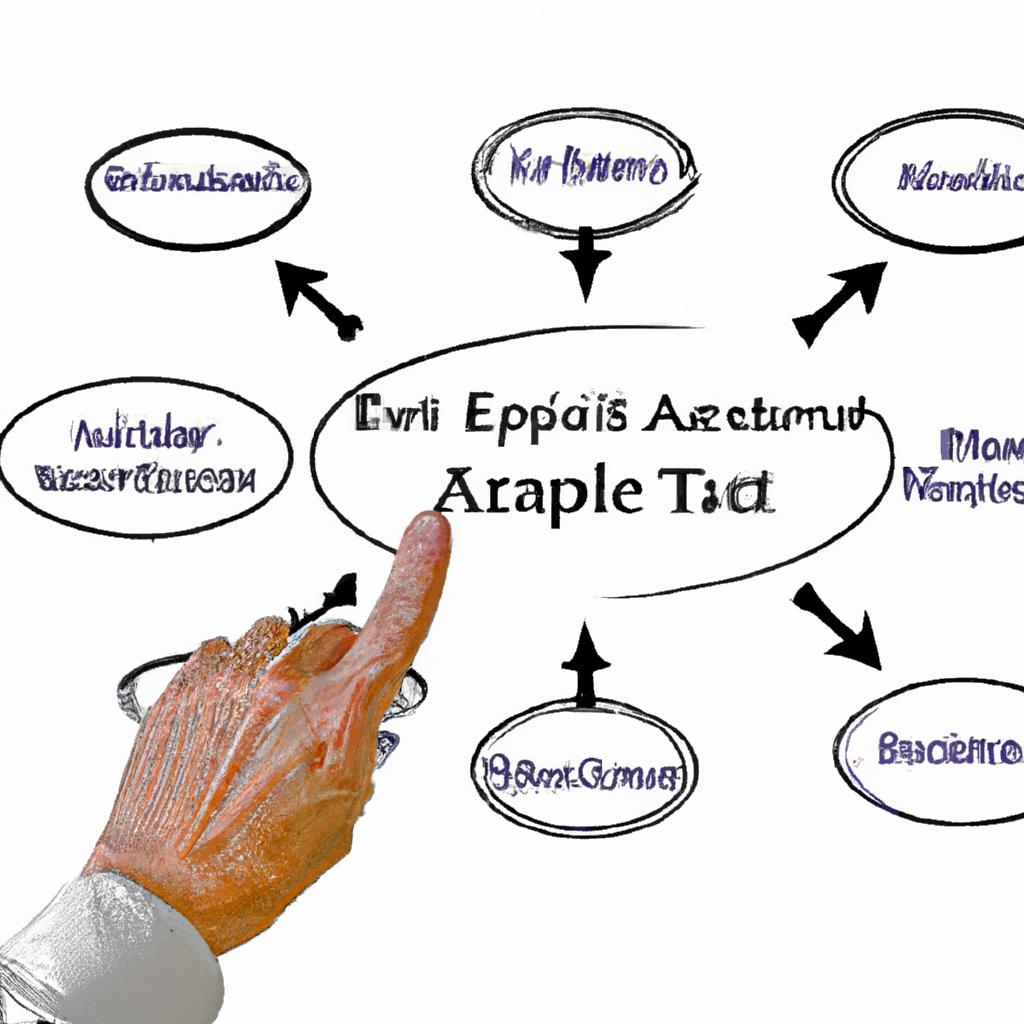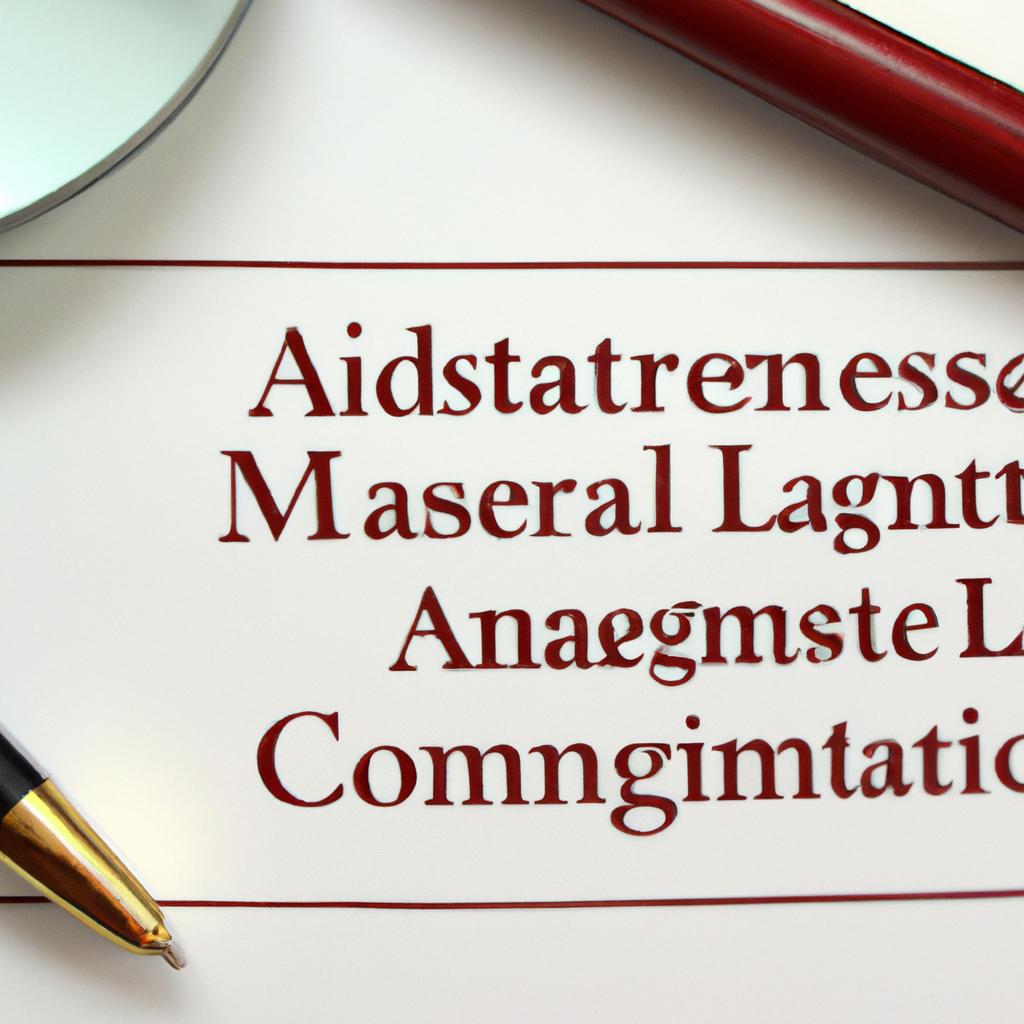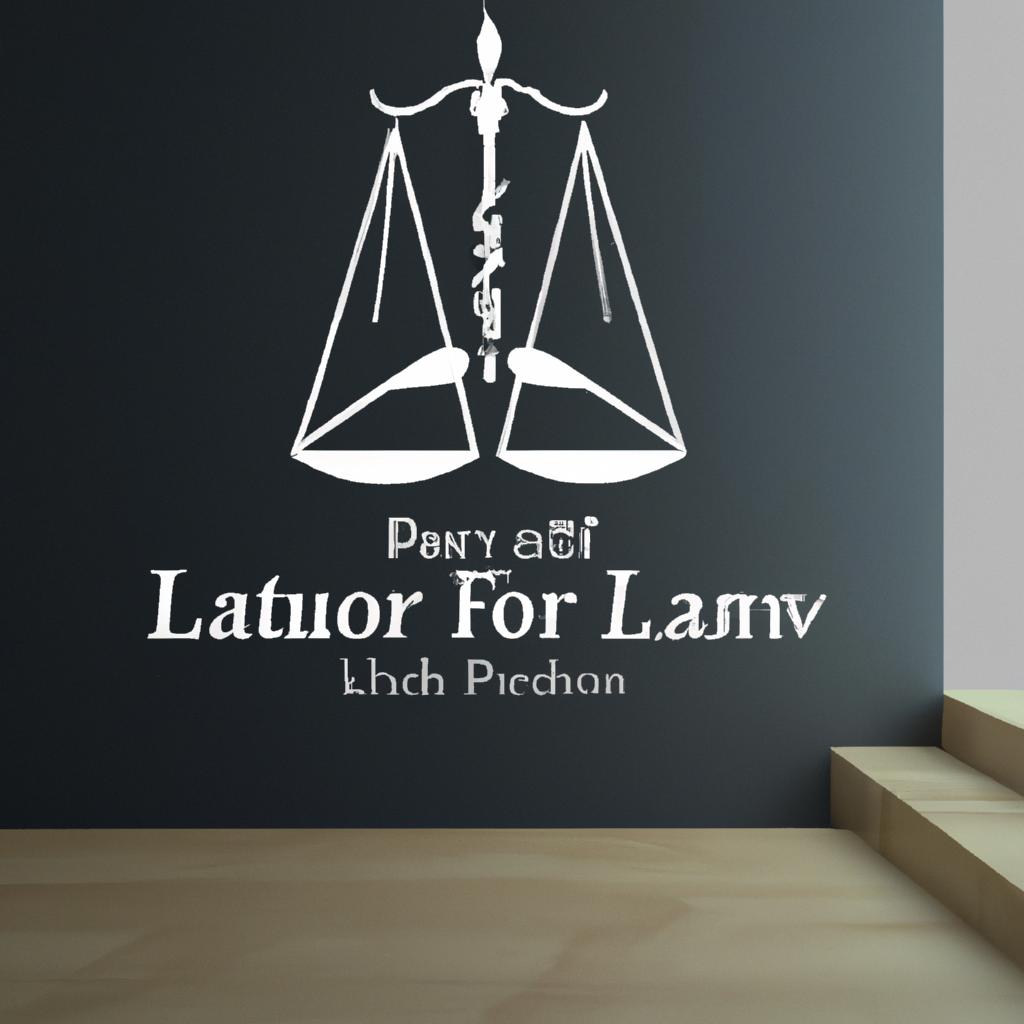When delving into the intricate world of estate planning, it is essential to understand the concept of estate assets. As seasoned legal professionals at Morgan Legal Group in New York City, we specialize in navigating the complexities of estate law to ensure that our clients’ assets are protected and distributed according to their wishes. In this article, we will explore the fundamental question: what exactly are estate assets? Join us as we unravel the nuances of this crucial aspect of estate planning.
Understanding the Nature of Estate Assets
When it comes to estate planning, it is crucial to have a clear understanding of the nature of estate assets. Estate assets encompass all the possessions and property owned by an individual at the time of their death. These assets can include a wide range of items such as real estate, investments, bank accounts, personal belongings, and more.
It is important to note that not all assets are considered part of the estate. Assets held in a trust, joint accounts with rights of survivorship, and certain retirement accounts with designated beneficiaries may bypass the probate process and go directly to the intended recipients. Working with an experienced estate planning attorney can help ensure that all assets are properly accounted for and distributed according to the individual’s wishes.

Identifying Key Components of Estate Assets
Estate assets are the cornerstone of estate planning and play a crucial role in the distribution of an individual’s wealth after their passing. is essential in ensuring that one’s wishes are carried out effectively and efficiently. These assets encompass a wide range of properties, investments, and personal belongings that hold value and are considered part of the individual’s estate.
One important component of estate assets is real property, which includes any land or buildings owned by the individual. This can range from a primary residence to investment properties or vacation homes. Another key component is financial assets, such as bank accounts, stocks, bonds, and retirement accounts, which hold significant value and must be accounted for in estate planning. Personal belongings, such as jewelry, artwork, and vehicles, also form part of the estate assets and hold sentimental value that should be addressed in the estate planning process. In order to properly identify and categorize these assets, it is essential to work with experienced estate planning professionals who can guide individuals through the complexities of estate planning.
| Assets | Examples |
|---|---|
| Real Property | Primary residence, investment properties |
| Financial Assets | Bank accounts, stocks, retirement accounts |
| Personal Belongings | Jewelry, artwork, vehicles |

Maximizing the Value of Estate Assets through Strategic Planning
Estate assets refer to the property and belongings that a person owns at the time of their death. These assets can include real estate, investments, bank accounts, vehicles, jewelry, and other personal belongings. Properly managing estate assets is crucial to ensure that they are distributed according to the wishes of the deceased individual.
Strategic planning is essential to maximize the value of estate assets and minimize taxes and other expenses. By working with experienced legal professionals, individuals can create a comprehensive estate plan that takes into account their unique financial situation and goals. This can involve creating Wills, trusts, and other legal documents to protect assets and ensure a smooth transfer of wealth to beneficiaries. Through careful planning and professional guidance, individuals can ultimately leave a lasting legacy for their loved ones.

Navigating Legal Complexities in Managing Estate Assets
Estate assets refer to the various types of properties and belongings that a person owns or has a legal interest in at the time of their death. These assets can include but are not limited to:
- Real estate properties such as houses, land, and buildings
- Financial assets like bank accounts, investments, and retirement accounts
- Personal possessions including jewelry, artwork, and vehicles
- Business interests and intellectual property rights
Managing estate assets can be a complex process that involves navigating various legal requirements and considerations. Executors or personal representatives are typically responsible for administering the estate and ensuring that assets are distributed according to the deceased’s wishes or state laws if no Will is in place. Understanding the legal complexities involved in managing estate assets is crucial to ensuring a smooth and efficient probate process.
Q&A
Q: What are estate assets?
A: Estate assets refer to all of the assets that a person owns at the time of their death.
Q: What kinds of assets are considered estate assets?
A: Estate assets can include real estate, personal property, investments, bank accounts, retirement accounts, and more.
Q: Do estate assets include debts?
A: Yes, estate assets also include any debts or liabilities that the deceased person had at the time of their death.
Q: Why is it important to identify and account for estate assets?
A: Identifying and accounting for estate assets is important in order to determine how the deceased person’s assets will be distributed to heirs and beneficiaries.
Q: How are estate assets typically handled after someone passes away?
A: Estate assets are typically handled through the probate process, where a court oversees the distribution of the assets according to the deceased person’s will or state laws if there is no will.
Q: Can estate assets be used to pay off debts of the deceased?
A: Yes, estate assets can be used to pay off any debts or liabilities that the deceased person had at the time of their death before the remaining assets are distributed to heirs and beneficiaries.
Q: Are there any assets that are not considered part of the estate?
A: Some assets, such as life insurance policies with designated beneficiaries or accounts held in joint tenancy with rights of survivorship, may pass directly to beneficiaries outside of the probate process and are not considered part of the estate.
Insights and Conclusions
As we conclude our exploration into estate assets, we hope this article has shed light on the importance and complexities of this often overlooked aspect of estate planning. Remember, estate assets are not just physical possessions, but also encompass financial accounts, investments, and intangible assets like intellectual property. Whether you are in the process of creating your estate plan or are helping a loved one navigate theirs, understanding estate assets is crucial for ensuring a smooth and equitable distribution of wealth. Thank you for joining us on this journey of discovery, and may your estates be as diverse and abundant as your dreams.
 What are Estate Assets and How to Protect Them?
What are Estate Assets and How to Protect Them?
Estate planning is an essential aspect of financial management that often gets overlooked or neglected. Most people think that estate planning is only for the wealthy or for the elderly. However, the truth is that estate planning is important for everyone, regardless of age or income. One crucial aspect of estate planning is understanding and protecting estate assets.
Estate assets refer to all the properties, possessions or investments that a person owns at the time of their death. These can include real estate, bank accounts, investments, vehicles, jewelry, art, and any other valuable items. Estate assets are often divided among beneficiaries according to the deceased’s will or distributed according to applicable state laws in the absence of a will.
Properly managing and protecting estate assets is essential to ensure that they are distributed according to your wishes and to minimize any potential disputes among family members. In this article, we will explore what estate assets are and provide some tips on how to protect them.
Types of Estate Assets
Estate assets can be divided into two main categories: probate assets and non-probate assets.
1. Probate Assets
Probate assets are those that require court supervision for proper distribution among heirs. These assets typically include any properties or possessions that are solely owned by the deceased and do not have a named beneficiary. Some common examples of probate assets include real estate, bank accounts, investments, and personal belongings.
In most cases, probate assets must go through the probate process before they can be transferred to the designated beneficiaries. This process involves proving the validity of the deceased’s will, identifying and valuing all the assets, paying off any outstanding debts and taxes, and finally distributing the remaining assets according to the will or state laws. The probate process can be time-consuming, expensive, and can also lead to public disclosure of personal and financial information.
2. Non-Probate Assets
Non-probate assets, on the other hand, do not go through the probate process and are transferred directly to the named beneficiaries. These assets typically include assets with a designated beneficiary such as life insurance policies, retirement accounts, and investment accounts with designated beneficiaries. Non-probate assets are not included in the deceased’s probate estate, and the beneficiaries can claim them without court supervision.
How to Protect Estate Assets
As mentioned earlier, proper estate planning is essential to protect your assets and ensure that they are distributed according to your wishes after you pass away. Here are some tips to help you protect your estate assets:
1. Create a Comprehensive Estate Plan
The most crucial step in protecting your estate assets is to create a comprehensive estate plan. This includes creating a will, a power of attorney, a living will, and a trust if necessary. A will dictates how your assets will be distributed after your death and appoints an executor to manage the distribution process. A power of attorney designates someone to handle your finances and make decisions on your behalf in case of incapacity. A living will specifies your end-of-life medical wishes, and a trust can help you avoid probate and protect your assets from creditors.
2. Review and Update Your Estate Plan Regularly
Life is full of changes, and your estate plan should reflect those changes. It is essential to review and update your estate plan regularly, especially after any major life events, such as marriage, divorce, birth or adoption of a child, or a significant change in your financial situation. Failing to update your estate plan can result in unintended consequences and disputes among beneficiaries.
3. Consider Gifting Assets
Gifting assets to your loved ones while you are still alive can help reduce the size of your estate and, in turn, minimize the potential for estate taxes. Gifting assets also allows you to see the impact of your generosity and ensure that your loved ones receive their inheritance while you are still around to witness it.
4. Name Beneficiaries for Non-Probate Assets
As mentioned earlier, non-probate assets with existing beneficiaries are not subject to the probate process. Therefore, it is crucial to name beneficiaries for all your non-probate assets and keep the designations up to date. Failing to name beneficiaries can result in these assets being included in your probate estate and subject to the probate process.
5. Consult with an Estate Planning Attorney
Estate planning can be a complex and confusing process, and it is always advisable to seek the assistance of a professional. An estate planning attorney can help you create a comprehensive estate plan, review and update your plan regularly, and ensure that your assets are adequately protected.
Final Thoughts
Estate assets are the properties, possessions, and investments that an individual owns at the time of their death. Properly managing and protecting these assets is essential to ensure that they are distributed according to your wishes and to minimize any potential disputes among family members. Creating a comprehensive estate plan, updating it regularly, naming beneficiaries, and seeking the assistance of an estate planning attorney are some steps you can take to protect your estate assets. We hope this article has provided valuable information on estate assets and how to protect them.

